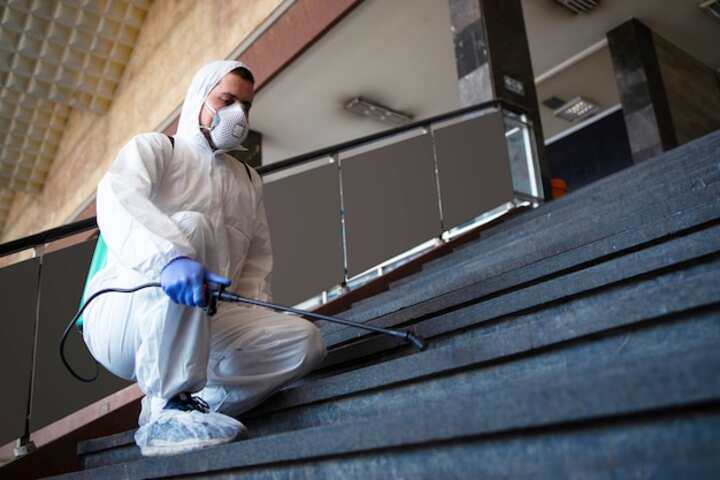
Expert Mold Remediation Services in Denver CO
Denver, Colorado, is renowned for its stunning landscapes and vibrant culture. However, the city's climate, characterized by significant precipitation and humidity, can create ideal conditions for mold growth in residential and commercial properties. Mold contamination is not only unsightly but can also pose serious health risks. Therefore, expert mold remediation services are crucial to ensure a safe and healthy living environment.
Understanding Mold and Its Impact
Mold is a type of fungus that thrives in damp, poorly ventilated conditions. It can grow on various surfaces, including walls, floors, and even furniture. The presence of mold can lead to several issues:
- Health Problems: Mold exposure can cause allergic reactions, respiratory problems, and other health concerns, especially in vulnerable individuals.
- Structural Damage: If left untreated, mold can cause significant damage to building structures, leading to costly repairs.
- Decreased Property Value: Mold can adversely affect the market value of a property.
Read more about this topic and how it affects Denver residents here.
The Importance of Professional Mold Remediation
Mold remediation is a complex process that requires professional expertise to ensure thorough removal and prevention of future growth. Here are some reasons why professional remediation is essential:
Comprehensive Assessment
Experts conduct a thorough assessment to determine the extent of mold contamination and identify the type of mold present. Learn more in this detailed guide about the assessment process.
Use of Specialized Equipment and Techniques
Professional mold remediation involves the use of advanced equipment and techniques to effectively remove mold. This includes:
- HEPA Vacuums: High-Efficiency Particulate Air (HEPA) vacuums are used to capture mold spores from surfaces.
- Antimicrobial Treatments: Special treatments are applied to eliminate mold and prevent its recurrence.
- Air Filtration: Air scrubbers and filters are used to purify the air and remove spores.
Explore further insights on the equipment used here.
Prevention of Cross-Contamination
Proper containment measures are crucial to prevent mold spores from spreading to unaffected areas during the remediation process. Professionals employ strategies such as sealing off the contaminated area and using negative air pressure to ensure containment.
Steps in the Mold Remediation Process
The mold remediation process involves several key steps to ensure complete removal and prevention of future issues:
- Inspection and Assessment: Identifying the source and extent of mold growth.
- Containment: Implementing measures to isolate the affected area.
- Air Filtration: Using air scrubbers and HEPA filters to clean the air.
- Removal: Safely removing mold-infested materials.
- Cleaning and Sanitizing: Cleaning surfaces and applying antimicrobial treatments.
- Restoration: Repairing and restoring the affected area to its original condition.
Find additional information about each step here.
Choosing the Right Mold Remediation Service in Denver
When selecting a mold remediation service in Denver, it is important to consider the following factors:
- Experience and Expertise: Choose a service provider with a proven track record in mold remediation.
- Certifications: Ensure the company holds relevant certifications, ensuring adherence to industry standards.
- Customer Reviews: Look for positive feedback from previous clients to gauge service quality.
- Comprehensive Services: Opt for a provider that offers a full range of services, from assessment to restoration.
For a deeper understanding of what to look for, learn more here.